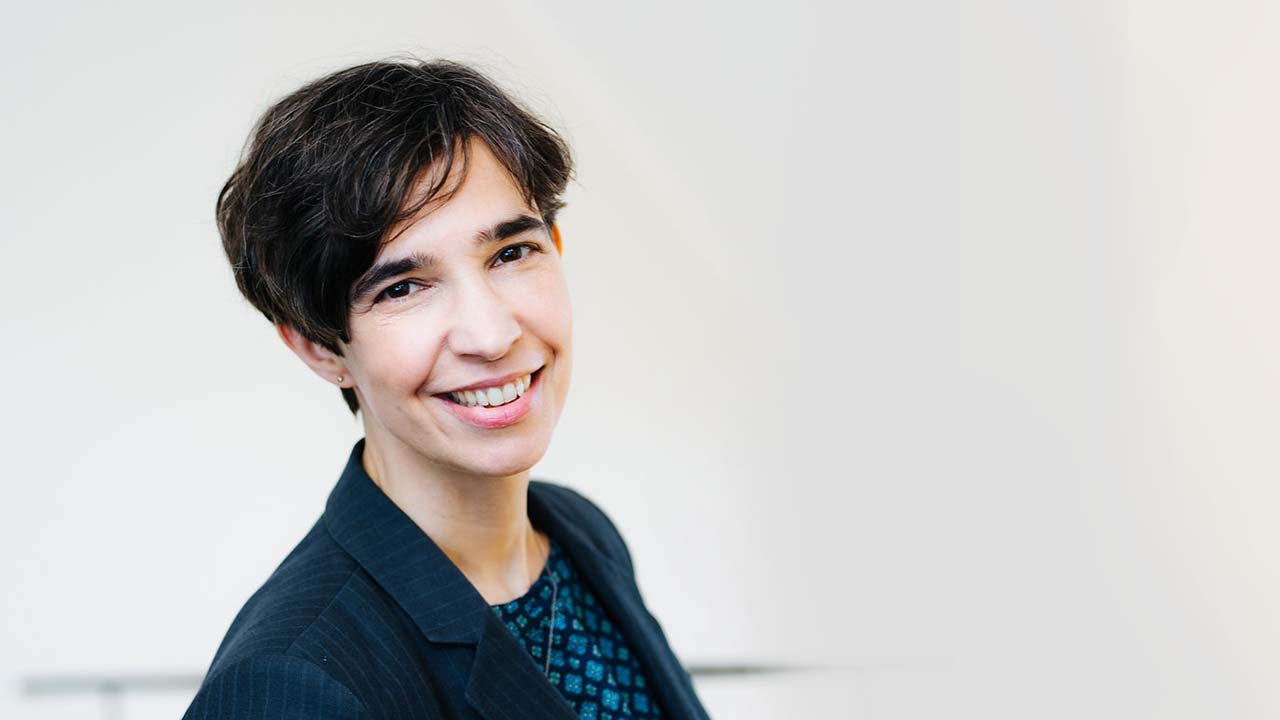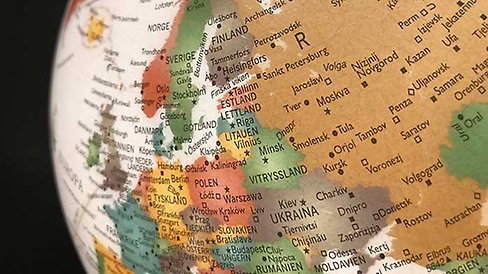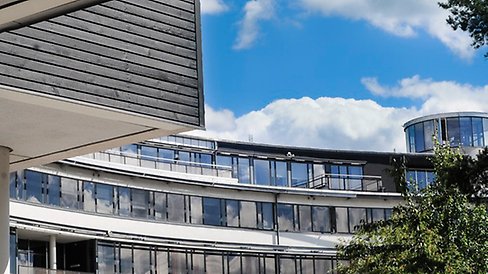Private diplomacy – new project studying the role of thinktanks
The transnational corporate-funded thinktanks that aim to influence society and climate policy often call themselves knowledge producers. Sometimes, however, their agendas are more like private diplomacy. We do not know what they do nor what role they actually play. Adrienne Sörbom and her colleagues will attempt to uncover this in a new project, funded by Formas.

“These types of organisations over fly under the radar. They say that they produce knowledge, but are actually also largely occupied with influencing policy. It is important to understand what they do and how they work because they do ultimately affect political decisions about climate change,” says Adrienne Sörbom, professor of sociology at Södertörn University.
The project will use money from research financier Formas to study corporate-funded Nordic thinktanks and their role in relation to UN climate policy and the COP climate conference. These thinktanks are non-governmental organisations, often in the shape of privately funded research institutes or foundations.
Fundamental democratic functions
Thanks to previous research that has studied transnational thinktanks such as the World Economic Forum, the research group knows that thinktanks are a far removed from solely producing knowledge. Instead they act more like private diplomats, in that they focus on issues that are normally the concern of a foreign office or an intelligence service.
“For example, by using their premises for meetings that are actually about intergovernmental issues, they can close the door on what would be public in other circumstances. This is practical and does not necessarily mean that there is any wrongdoing. But we do not know what happens behind closed doors. There are problems of representation, with transparency and accountability – functions we class as fundamental to a democracy,” she says.
Outside the public sphere
However, she adds that – as is often the case in politics – the decision-making process begins outside the public sphere. There are also working processes that are exceptions to the principle of public access but, because thinktanks are organisations that have the opportunity to influence political decisions, they need to be investigated more closely.
“We know that there are many of them, we know that they are onsite at climate conferences. But it is difficult to know exactly, it could be that a company creates a non-governmental organisation to push air pollution issues – it looks like an NGO but is run by a business. Sorting out who they are and the effect they have takes time, and we need to know this so we know what drives policy and negotiations about climate change,” says Sörbom.
Page updated
07-09-2023





